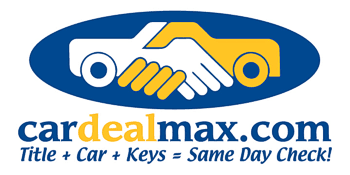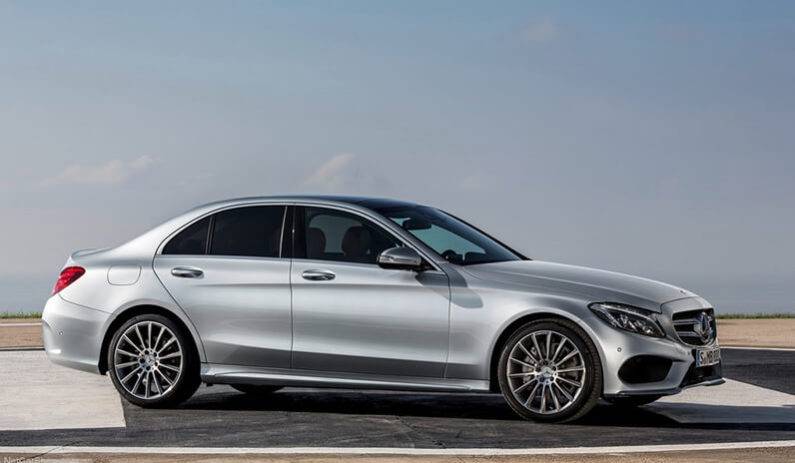Whether it’s better to finance a new car or a used car depends on several factors, including your financial situation, preferences, and the terms of the financing available. Here’s a breakdown of key points to consider:
Financing a New Car
Pros:
Lower Interest Rates: New cars often come with lower interest rates because lenders consider them less risky. Some manufacturers also offer promotional financing deals with 0% interest or low rates.
Warranty and Reliability: New cars come with full warranties and are less likely to have mechanical issues, reducing potential repair costs during the loan period.
Latest Features: You get access to the newest technology, safety features, and better fuel efficiency, which could be important for long-term savings.
Cons:
Higher Monthly Payments: New cars tend to have higher prices, which can result in higher monthly payments, especially if you’re financing for a long term.
Depreciation: New cars lose value much faster than used cars. A new car can lose 20-30% of its value in the first year, meaning you might owe more than the car is worth early in the loan term (negative equity).
Financing a Used Car
Pros:
Lower Purchase Price: Used cars are generally much cheaper than new cars, so you may not need to finance as much, leading to lower monthly payments.
Slower Depreciation: Since used cars have already gone through their initial depreciation, they typically hold their value better over time. You may not lose as much money if you decide to sell or trade it in later.
Lower Insurance Costs: Used cars often come with lower insurance premiums because their market value is lower than a new car.
Cons:
Higher Interest Rates: Used cars often come with higher interest rates because they are considered riskier by lenders.
Potential for Repairs: Used cars may not have the same level of warranty protection as new cars and could require more maintenance or repairs, especially as they age.
Fewer Features: Depending on the car’s age and model, you might miss out on newer technology, safety features, and improved fuel efficiency.
Conclusion
Choose a New Car if you prioritize the latest features, reliability, and lower interest rates, and if you can afford the higher monthly payments.
Choose a Used Car if you want to minimize depreciation and your monthly payments, and are okay with potentially higher interest rates and fewer features.
In either case, make sure to shop around for the best financing rates and terms, and factor in long-term costs like insurance, maintenance, and fuel efficiency.
I can help with this decision!
Private message me


